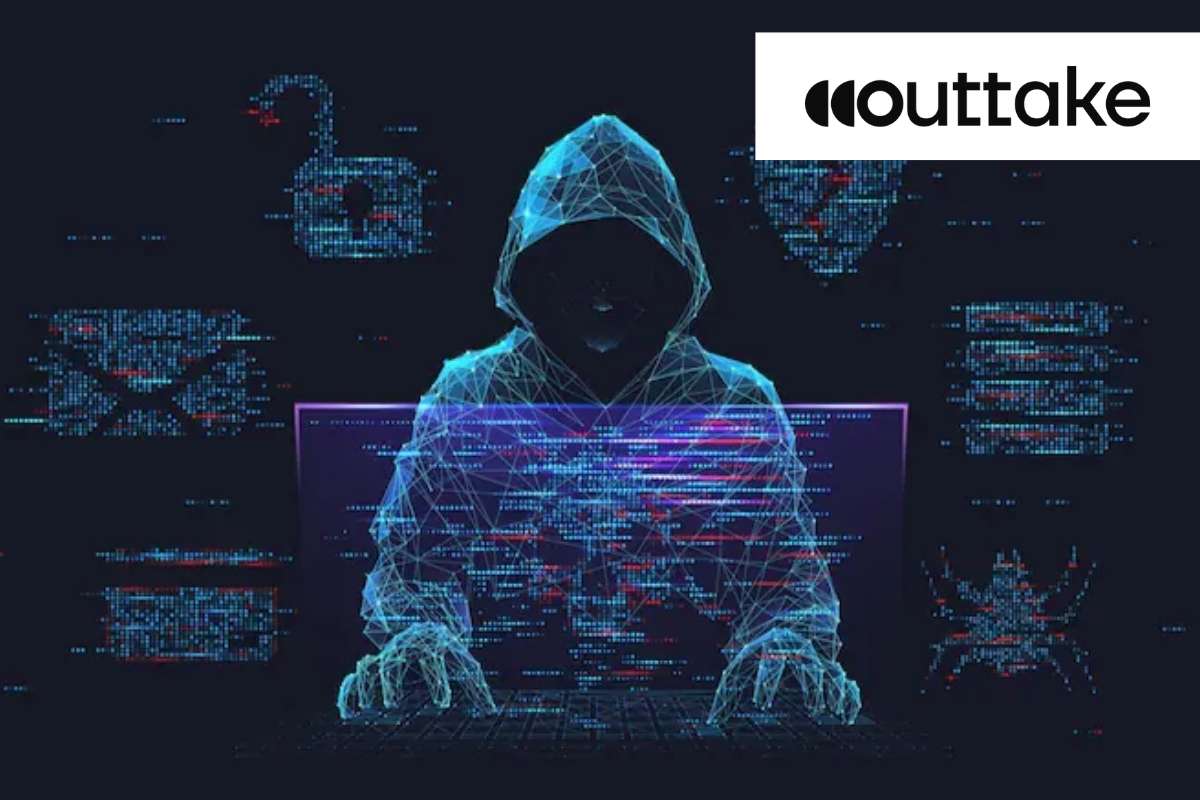Japanese brewing giant Asahi Cyberattack has been confirmed and has suspended its domestic ordering and shipping systems, though the company maintains that no personal or customer data has been compromised.
Attack Limits Operations to Japan
In a widely circulated statement, Asahi said the disruption is currently limited to its operations within Japan, which accounts for nearly half of the company’s global sales. Manufacturing plants outside Japan, including those in Europe and the UK, remain unaffected, ensuring that international beer supply chains are not impacted.
The company acknowledged significant operational challenges, stating, “We are actively investigating the cause and working to restore operations; however, there is currently no estimated timeline for recovery.” Ordering and shipping systems inside Japan have been suspended until further notice, halting distribution to retailers and logistics partners.
Unlike many recent cyber incidents targeting large corporations, Asahi emphasized that personal and customer information was not exposed. The company confirmed that the breach has not affected employee data or consumer records, reducing potential risks of identity theft or financial fraud.
However, the disruption to core business functions has raised concerns across the beverage industry. Ordering and shipping systems are integral to Asahi’s supply chain, particularly within Japan, where demand remains strong across its diverse beverage portfolio.
Unknown Attacker and Ongoing Investigation
Asahi has not disclosed details about the nature of the cyber attack, nor has any group publicly claimed responsibility. The absence of attribution leaves open questions about whether the Asahi Cyberattack was a ransomware attack, a supply chain compromise, or another form of cyber intrusion.
Cybersecurity specialists note that attackers increasingly target operational systems rather than just data repositories, aiming to cause direct business disruption by Asahi Cyberattack. In industries reliant on logistics and timely supply, this strategy can create immediate financial and reputational consequences.
For now, Asahi is collaborating with internal teams and external experts to assess the extent of the Asahi Cyberattack, strengthen defenses, and bring systems back online safely. No recovery timeline has yet been established.
Asahi is Japan’s largest beer manufacturer and a multinational brewing powerhouse with more than 30,000 employees worldwide. Its international footprint includes ownership of brands such as Grolsch, Peroni, and Carlton & United Breweries in Melbourne.
Despite its international expansion, nearly half of Asahi’s sales are generated in Japan. This makes the current Asahi Cyberattack particularly impactful, as the affected systems directly support its domestic market operations.
Analysts say that while international supply remains steady, the pause in Japan’s service operations could temporarily affect retailers and distributors, especially if recovery takes weeks rather than days. For a company of Asahi’s size, any extended downtime risks both revenue loss and strained customer relationships.
Growing Trend of Cyber Disruptions in Manufacturing
The Asahi Cyberattack reflects a broader trend of cyber attacks targeting industrial and manufacturing sectors. Cybercriminals increasingly focus on operational technology (OT) systems, which are less likely to be patched regularly and often run on legacy infrastructure.
Disruptions to ordering, shipping, or production not only impact financial performance but can also have cascading effects across supply chains. In the food and beverage industry, where timing and freshness are critical, these impacts can multiply quickly.
Industry observers highlight that companies with strong international supply lines, like Asahi, may be able to cushion the blow from localized disruptions. However, reliance on digital systems within home markets means recovery plans must address both technical and operational resilience.
Asahi has yet to release a roadmap for system restoration, but the company’s focus will likely include rebuilding its digital infrastructure, conducting forensic investigations, and reinforcing cyber defense protocols.
While the lack of customer data exposure reduces the potential fallout, the operational suspension underscores the importance of cybersecurity in industries far beyond technology. Brewing, distribution, and logistics have all become reliant on digital systems, making them vulnerable to attacks that disrupt day-to-day business.
As the investigation unfolds, the Asahi cyberattack serves as another reminder that resilience and preparedness are now core components of industrial strategy. Companies across sectors are likely to monitor the situation closely as one of Japan’s largest corporations works to bring its operations back online.






